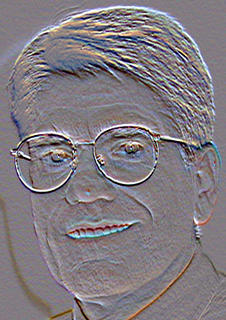The Sojourners quote of the day yesterday put me on to a 1967 Martin Luther King, Jr., speech. What would Martin Luther King say today? I expect he would say some of the same things he said more than 38 years ago—just replacing Vietnam with Iraq.
“I knew that America would never invest the necessary funds or energies in rehabilitation of its poor so long as adventures like Vietnam continued to draw men and skills and money like some demonic destructive suction tube.”
“It demands that we admit that we have been wrong from the beginning of our adventure in Vietnam . . . In order to atone for our sins and errors in Vietnam, we should take the initiative in bringing a halt to this tragic war.”
“A nation that continues year after year to spend more money on military defense than on programs of social uplift is approaching spiritual death.”
“Our only hope today lies in our ability to recapture the revolutionary spirit and go out into a sometimes hostile world declaring eternal hostility to poverty, racism, and militarism.”
“We can no longer afford to worship the god of hate or bow before the altar of retaliation.”
“If we do not act, we shall surely be dragged down the long, dark, and shameful corridors of time reserved for those who possess power without compassion, might without morality, and strength without sight.”
(Quotations from Martin Luther King address to Clergy and Laity Concerned at Riverside Church in New York City April 4, 1967.)

